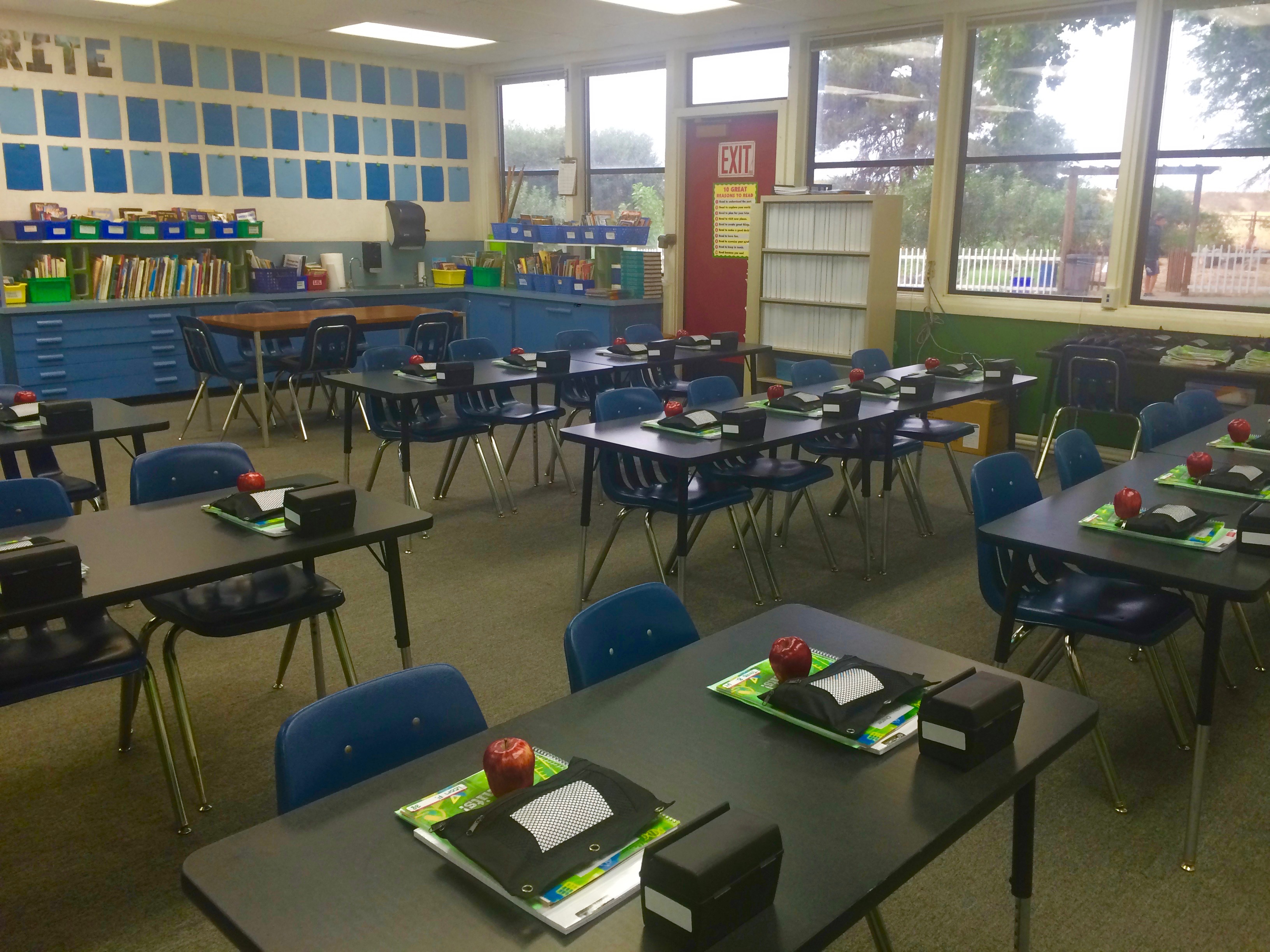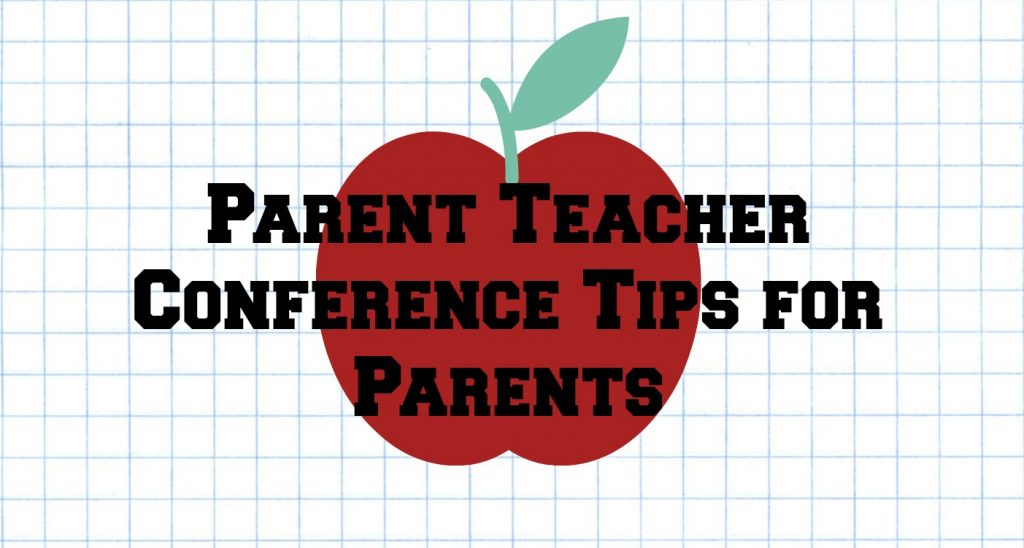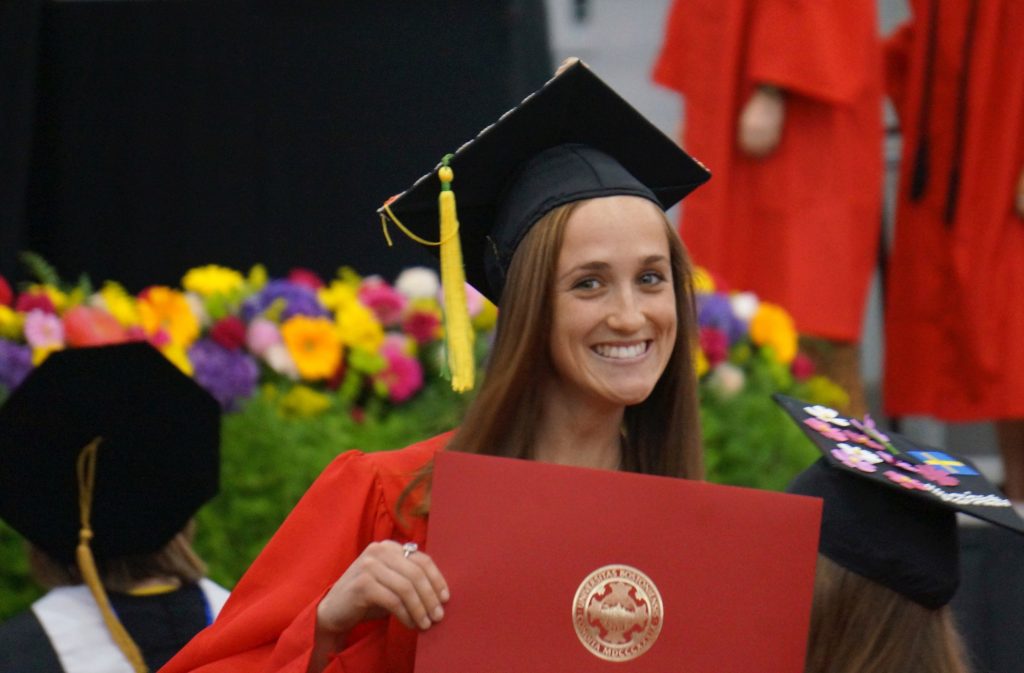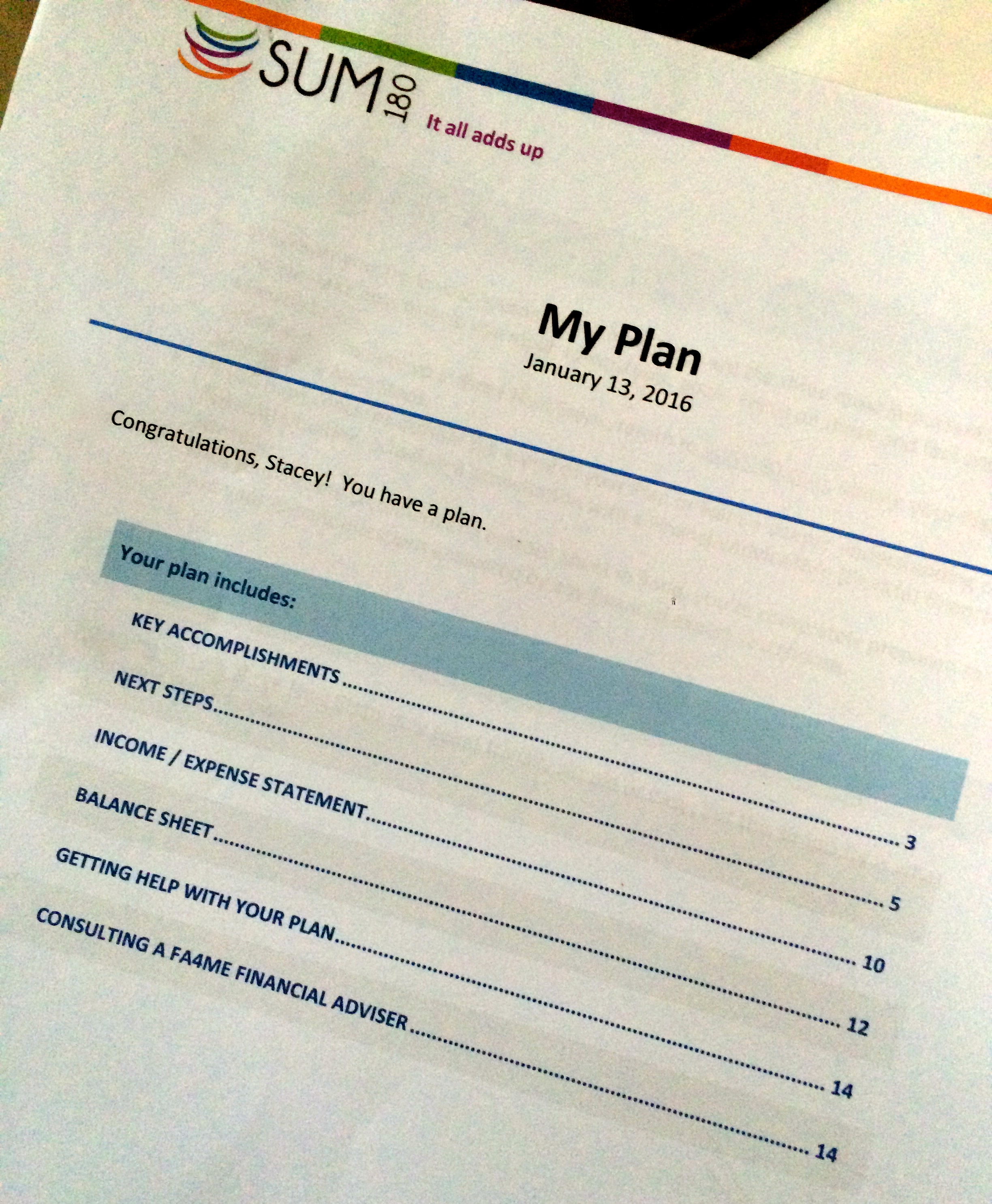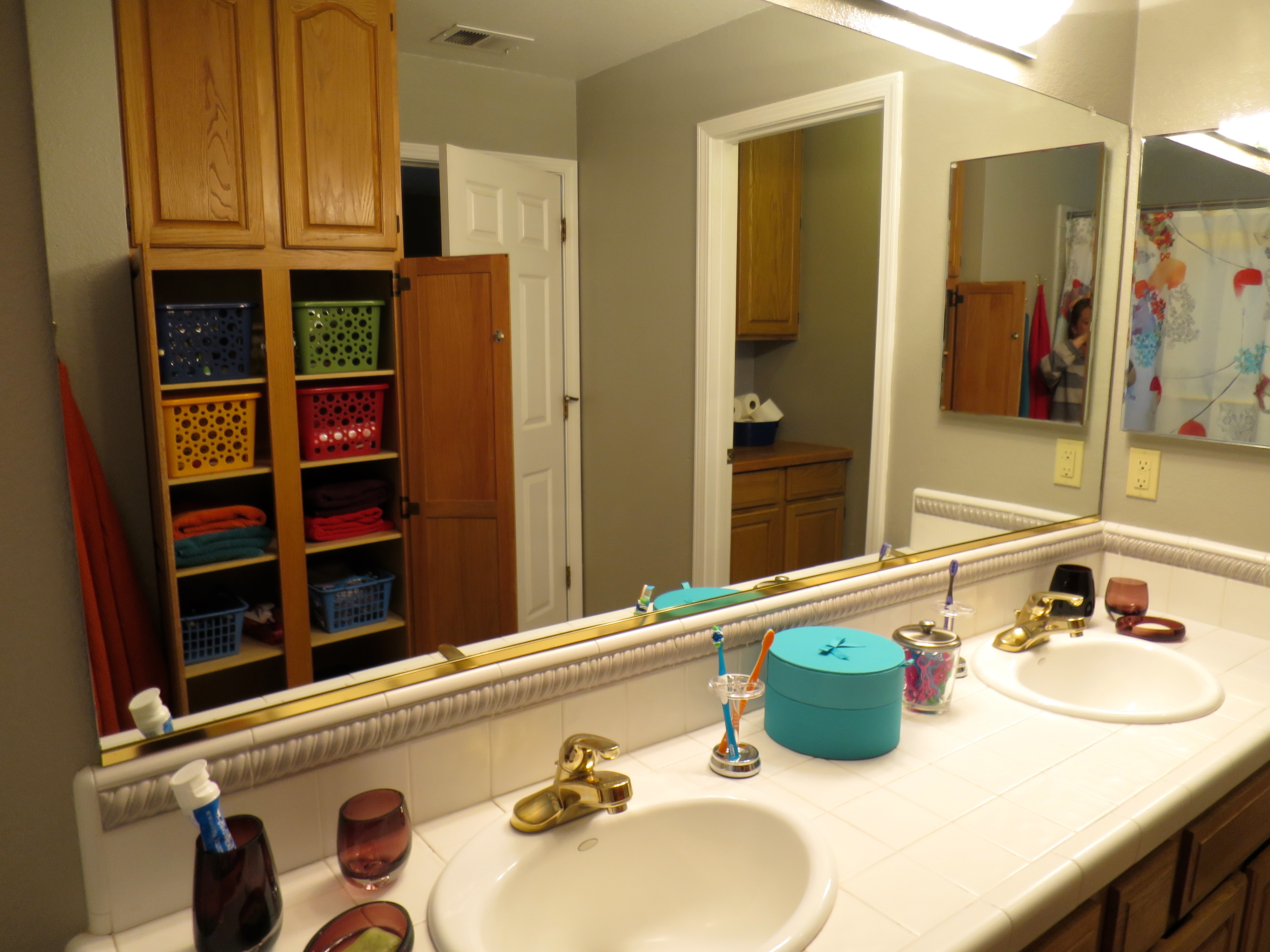As a 20-year teacher and parent to six children, I have sat on both sides of the parent-teacher conference table. I have been ringing-my-hands in nervousness anticipating what I might be told as I sat down across from the teacher to discuss my child. I have walked away from those meetings as a parent both elated and deflated. So much seems to hang on the words of the teacher, that emotions can get all twisted into knots.
The reality is these meetings are not reporting sessions rather they are dialogues. Both parents and teachers want each and every child to be successful. It is with the support of the school and the family working together that children can reach their highest potential. This last week, I sat at a table in my classroom with parents and students helping set goals for the coming year. I participated in over 70 conferences where the student, parents, and I talked and planned about what each child will be working on in school. After many years of running conferences, I prefer this approach – an approach that gives some control to the student and includes them in the conversation.
That being said here are a few tips that should help you, the parent, build a relationship with your child’s teacher to best serve your child.
Parent Teacher Conference Tips for Parents
Ask if your child can attend. As a teacher, I welcome students into the conference. It is a great time to talk about progress and get their input. It is easier to set future goals with the child sitting right there.
Be on time. Yes, the meetings are short, usually 15 – 30 minutes, and you don’t want to lose any of that time.
Let down your defenses. This is a dialogue. It is important for both sides to listen fully to what is being said. Trust and accept that both sides really do have your child’s best interest at heart.
Be prepared to talk about your child. Share a bit of who your child is at home. What activities are they involved in outside of school, what brings them joy, and what frustrates them. Most children are not the same at home as they are in the classroom. Your loud boisterous child just might be very quiet and shy in the classroom – and visa versa.
Also is there a situation going on in the family home that might be causing the child stress?Teachers have resources and access to school counselors that can help a child deal with a number of different situations.
Note your child’s strengths. The teacher should share with you the strengths they see your child exhibiting. If not, then ask.
Ask questions. Make a note ahead of time of questions that you would like answered. Be sure to ask any questions that you may have about classroom procedures, teacher expectations and school policies.
Be prepared to listen. You teacher should share with you not only academic information, but also how your child is participates in the classroom, how they work collaboratively with their peers and how they perform independently. Ask about classroom behavior and social engagement. Maybe everything is going really well, maybe not. It’s not easy to hear some not-so-good things about your child. Remember the teacher is there to work with you on helping your child do their very best. Hear any concerns that they teacher may have. If you are uncertain of the teacher’s evaluation, ask for examples.
Look to the future. Ask your child’s teacher what you can do to support your child going forward. Do they need help staying organized? Help with time management? Should you seek outside help? How can you provide assistance?
Create a plan. Together with the teacher decide on steps that can be taken by all those involved; the child, the teacher and the parents. Create a timeline for the plan and schedule later follow-ups. Let the teacher know how the plan is working and what progress is being made.
Plan for further communication. I see it time and time again; students that know that their parents communicate with their teacher are more engaged in the classroom. The parent-teacher conference is a wonderful opportunity to meet and get to know your child’s teacher, but communication needs to be more than once or twice a school year. Find out the best way to stay on top of school assignments and classroom activities. Find out the easiest way to communicate with your child’s teacher.
Being involved with your child’s education is one of the most important factors in your child’s success. Building a working relationship with your child’s teacher is imperative. The parent teacher conference is just one step in this process. Once the dialogue has been initiated, the lines of communication and mutual support should continue throughout the school year.
Here’s looking to a great school year!

